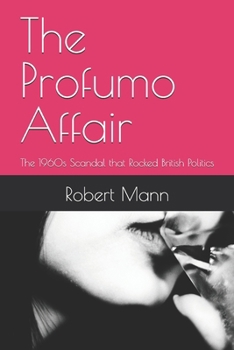The Profumo Affair: The 1960s Scandal that Rocked British Politics
Step back into the early 1960s, a time when Britain stood on the cusp of radical change, still constrained by post-war norms but yearning for modernity. The Profumo Affair exploded onto this scene, a potent mix of illicit sex, high-society intrigue, and Cold War espionage that would irrevocably shake the British establishment. At its heart was John Profumo, the charismatic Secretary of State for War, and Christine Keeler, a young model navigating a world of glamour and shadows. Their brief, clandestine affair took a dangerous turn through Keeler's connection to a Soviet intelligence officer, raising terrifying questions about national security and ministerial integrity.
As whispers grew into a storm of rumour, Profumo made a decisive, yet ultimately fatal, choice: he lied to Parliament, denying any impropriety. But the truth, propelled by figures like Stephen Ward, the osteopath who knew everyone, and Mandy Rice-Davies, whose sharp wit became legendary, refused to stay buried. Profumo's forced resignation and public confession triggered a chain reaction. The subsequent trial of Stephen Ward became a national spectacle, the Denning Report delved into the security dimensions, and the scandal fatally undermined Prime Minister Harold Macmillan's government, paving the way for a seismic shift in British politics in the 1964 general election.
Far from being a fleeting moment, the Profumo Affair left an indelible mark. It shattered public trust in politicians, ushered in a new era of aggressive media scrutiny, and exposed the fault lines of class and morality in a rapidly changing society. A saga of human frailty and political consequence, the story's blend of power, sex, and espionage continues to fascinate, endlessly retold in books, films, and documentaries, serving as a perennial reminder of the intricate relationship between private lives and public office.





